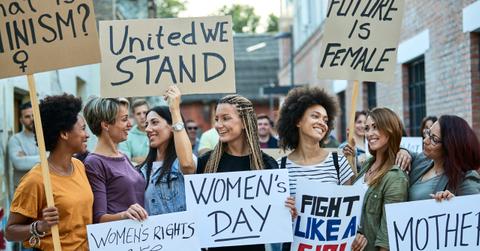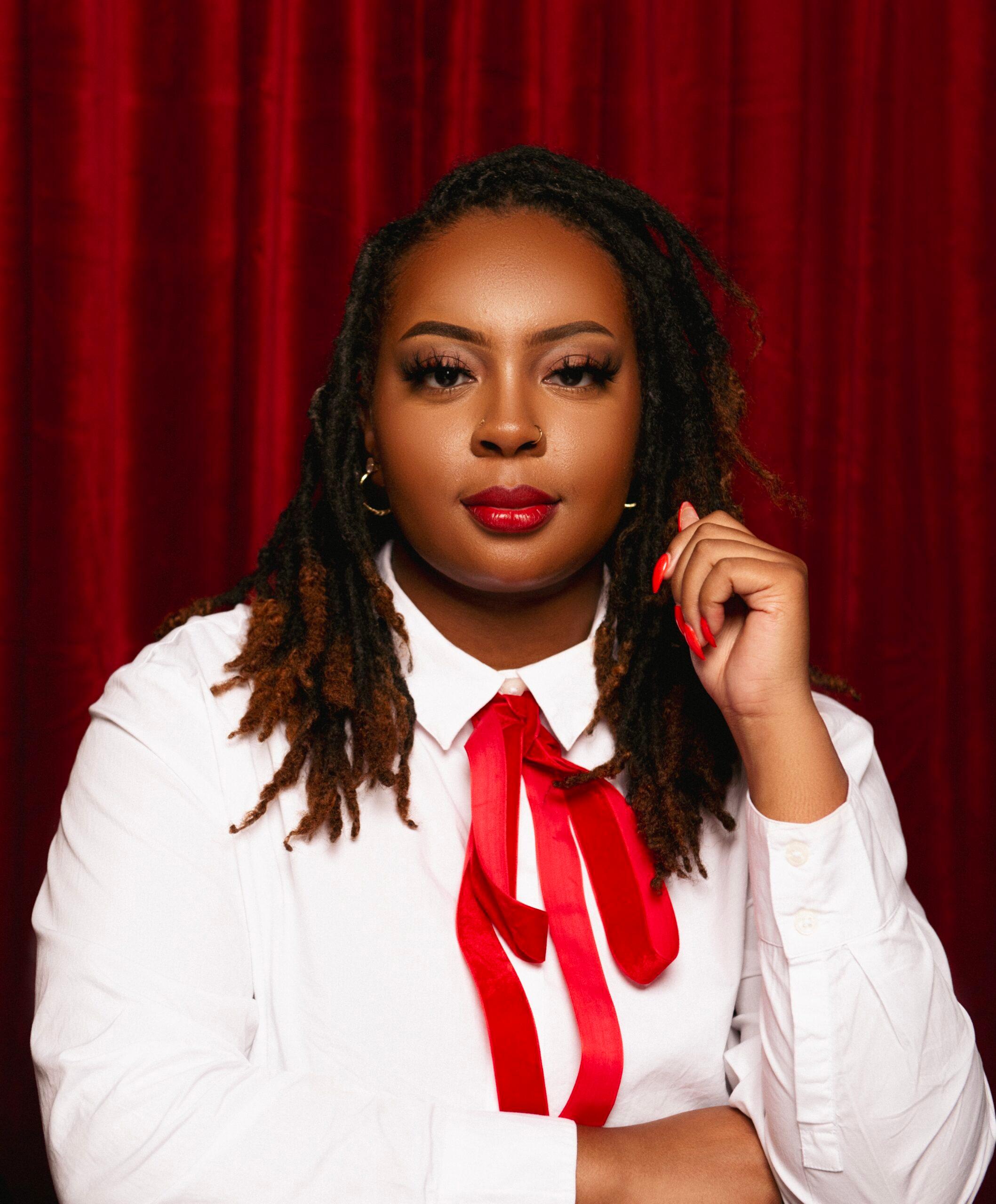Millennial Feminism: The Trailblazers Who Led The Way

Feminism comes in waves, with each era focusing on a new challenge women face. Currently in the fourth wave of feminism, millennials have been shaped by the digital age and the overlooked inequalities from the past. However, with the information age becoming overwhelming for some, the millennial generation has had a rocky relationship with the term “feminism” and its values.
The rise of misinformationand sensationalism has had its effect on many things, and the feminist movement is not immune. Beginning in 2016, experts had growing concerns with millennials’ connection to women’s rights. According to Psychology Today, the generation of women was increasingly shunning the term “feminist” due to a few extremist views.
By 2019, millennials were still not fond of the term, but for different reasons. Interestingly, women were becoming more participatory in feminist movements. The #MeToomovement began, the Women’s March caused a headline frenzy after Trump’s 2017 inauguration, and body positivity was gaining traction — yet they still rejected the term. BBC reported that this could be because the term didn’t speak to them for various reasons.
One reason could be the lack of intersectionality in women’s rights. According to the BBC, 75% of women polled believed the feminist movement improved the lives of white women. However, only 60% believed the movement contributed to the improvement of women of color.
Fast forward to 2025, and the rise of conservatism is prevalent. The conversation surrounding women’s rights has become polarized. Though the millennial generation may find issues with the term “feminist,” the fight for equality is more pressing than ever.
Here are six women who shaped the millennial feminist.
1. Chimamanda Ngozi Adichie
You may have heard her voice in Beyoncé’s “Flawless,” as she provided a simple definition of feminism. However, this Nigerian author is more than a quote in your favorite song. Chimamanda has written several books and articles about modern feminism. She had a hand in shifting the focus of feminism from denouncing femininity to embracing it.
For example, the author wrote an op-ed for Elle, expressing her experience with fashion, having grown up in Nigeria. She encouraged women to throw out the idea that their appearance needed to show their seriousness. Instead, she suggested dressing for herself in order to show independence. This made her a leader in feminism and body positivity.
2. Shirley Chilsom
Shirley Chisholm is a strong feminist figure for many, but specifically millennial women, as she opened the door for women in politics. In 1968, she became the first Black woman be elected to Congress. More importantly, she was the first woman and Black person to seek a major party nomination in the modern two-party system. Additionally, while serving in a political capacity, she advocated for women’s rights and valued intersectionality before it was a buzzword.
Today, several millennial women have followed in Chisholm’s footsteps and serve in Congress: Jasmine Crockett, Alexandria Ocasio-Cortez (AOC), Ilhan Omar, and many more.
3. Oprah Winfrey
Oprah Winfrey has opened several doors for Black women in media. Having built a media empire, she has used her success to support several organizations and foundations dedicated to educating young girls.
Even more so, Oprah had a profound effect on the child-free movement. Despite her highly publicized relationship with Stedman Graham, she never married him. In a column written for The Oprah Magazine, Winfrey admitted that she was dedicated to her career and did not want to make the sacrifices it takes to be married.
“I wanted to know he felt I was worthy of being his missus, but I didn’t want the sacrifices, the compromises, the day-in-day-out commitment required to make a marriage work. My life with the show was my priority, and we both knew it,” she wrote.
As for being child-free, she gave every woman who did not desire to be a mother the courage to be child-free despite societal pressures. For whatever reasons she had, she gave women the chance to say, “If Oprah doesn’t have to have kids, neither do I.”
4. Erica Jong
We would not have today’s level of sexual liberation without Erica Jong. Though her Fear of Flyingnovel was published in the ’70s, it has had a lasting effect. While there are still some critics of female sexuality, millennial (and Gen-Z) women have many more freedoms than those of previous generations. She came under immense fire for the novel, but women stuck in unfulfilling marriages and those trying to discover themselves related to the novel and praised her courage.
5. Tarana Burke
Tarana Burke is known for coining the term “Me Too.” It began in 2006 when she founded a youth program meant to address sexual violence. Alyssa Milano then used the term as a hashtag, bringing us the #MeToo movement we know today. Additionally, she has founded several causes related to women’s rights, including, Just Be, me too International, and Girls for Gender Equality.
6. Angela Davis
As a pillar of the Civil Rights Movement, Angela Davis is known for her strong stance against racism, misogyny, and capitalism. Often associated with the Black Panther Party, Davis never fully agreed with their policies and processes. She felt the BPP and other organizations like it valued the woman’s opinion less and wanted her to fall into the background and let the man lead. She eventually joined the Communist Party, finding a better fit there.
Davis eventually went on to champion several civil rights topics, including women’s rights. Having written several books and articles, including Women, Race, and Class, her literature became a staple in women’s studies at universities nationwide.






